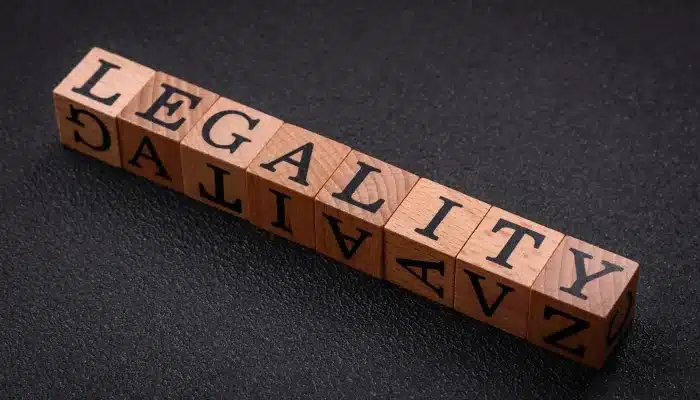Florida Statutes § 709.2202 outlines specific powers under a Power of Attorney (POA) that require the Principal’s separate signed or initialed authorization before an Agent can exercise them. This ensures that the Principal explicitly consents to granting significant financial or estate-related powers to the Agent. The Principal is the person who creates the Power of Attorney and delegates their authority to another person. The Agent is the person who is granted the power to act on behalf of the Principal.
Key Takeaways from § 709.2202 in Florida:
- Explicit Consent Required – The Principal must sign or initial next to each power listed in § 709.2202 for the Agent to have that authority.
- Critical Financial & Estate Actions – These include:
- Creating, modifying, or revoking a trust.
- Making gifts on behalf of the Principal.
- Changing rights of survivorship or beneficiary designations.
- Waiving survivor benefits (e.g., retirement plans).
- Disclaiming inheritances or assets.
- Restrictions on Non-Family Agents – If the Agent is not a spouse, ancestor, or descendant, they cannot use these powers to benefit themselves or those they support.
- Notary Assistance for Physically Incapacitated Principals – If a Principal cannot physically sign, a notary public can sign on their behalf with specific legal safeguards.
- Does Not Apply to Pre-2011 POAs – This statute does not affect POAs executed before October 1, 2011.
Why This Matters for POA Holders in Florida
This statute prevents abuse by ensuring that major financial and estate decisions are not left to a general POA but instead require clear and deliberate consent from the Principal. If a POA document does not meet these requirements, certain actions, such as gifting assets or changing beneficiaries, may be legally invalid.
The foregoing is a very brief and very general overview of the topic and the need for specific and experienced legal and tax advice is emphasized.
If you have any additional Questions regarding the foregoing or have any legal issue or concern, please contact the law firm of CASERTA & SPIRITI in Miami Lakes, Florida.





